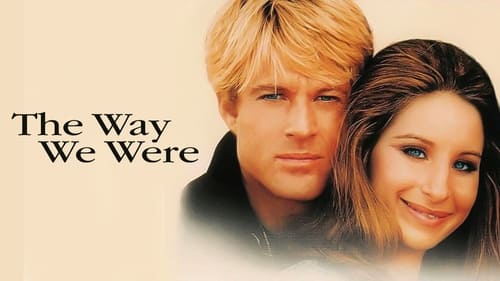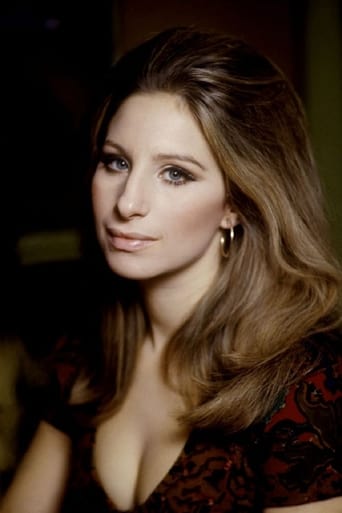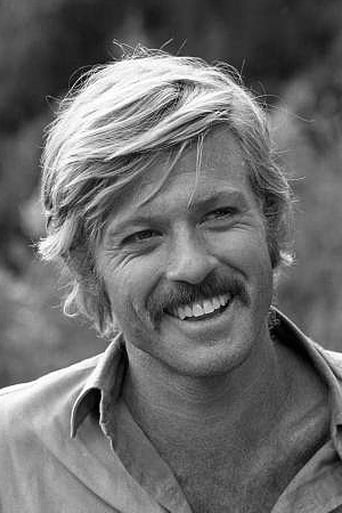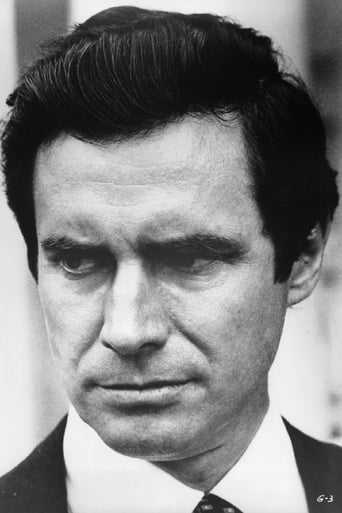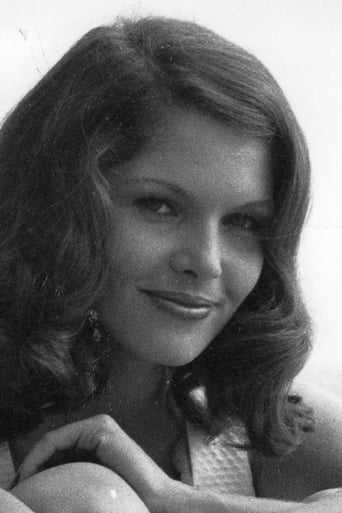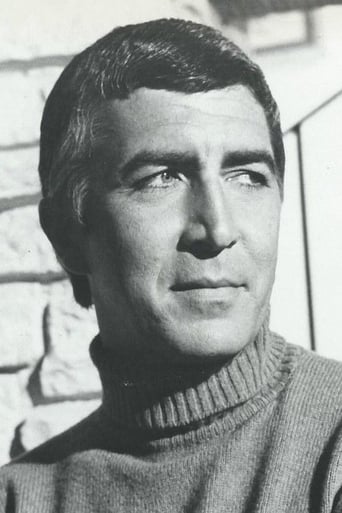Davalon-Davalon
I was relatively young when this film first came out. I, like many others, thought it was great, and loved Streisand and Redford and the theme song. I recently saw TWWW again, nearly 40 years later, and my opinion has changed dramatically. I cannot deny that Redford and Streisand definitely seem to have some kind of chemistry. And, as I felt the first time, Barbra represented every ugly duckling, gay or straight, who somehow manages to capture the prize. Via Barbra's performance, we can easily imagine what it must have been like to lie down with a prince. This, I think, may be one reason why the film had a certain level of success. Barbra also had moments where she "spoke the truth" with passion and intensity. I think people related to this outspokenness, this gutsiness, this willingness to take chances and not apologize for one's opinions. Barbra was also the "outsider" -- she was the smart Jewish girl who knew she had to work harder, study more, and fight for what she wanted, because nothing would come to her easily. It is for these reasons why I think the movie resonated. But the reality is: The movie is not about anything, not really. What, exactly, is the plot? They meet in school, they meet years later, they fall in love, they get married, he has an affair, they divorce, they meet again... okay, so what? Barbra, who does have tons of talent, but in this film looked like she was performing her graduate project for Acting 101, spends a lot of time arguing and getting upset about things. But whatever those things are seem to be only tangentially connected/related to the rest of the story (if you can call it that). Bob, yes, stunning to look at, coasts through the film with little to do or say. He didn't want to do the film, and I can see why. Yeah, he looks great, but what is the emotional arc of his character? A lot was cut from this film and as a result, it seems disjointed. There is an inordinate amount of time spent on Bob's career as a screenwriter in Hollywood while a pregnant Barbra tends to their little beach house. And yet everyone seems miserable and unhappy. Voices were raised, but nothing really happens. Near the end when Barbra has apparently given birth to their child (after it's clear that their relationship is over), Bob shows up at the hospital. Barbra is perfectly coiffed and made-up as if she's just come back from a spa. He stands there, emotionless, ready to abandon her and their newborn child. We're supposed to like him? I couldn't stand him. In fact, James Wood, who we meet early on in the film, who seems to be Barbra's quasi-boyfriend in college and who seems to support everything she was trying to do, is clearly a better man for her--but he wasn't as handsome. Life is cruel, isn't it? Finally, the theme song: Yes, it is a beautiful song for what it is and Barbra sings it beautifully. Who knew that it would become an iconic song and help define her career? She didn't even want to sing the song--she felt it was too simple. She had to be talked into it. So, finally, in the end, what are we left with? A unique opportunity to see Barbra and Bob dressing in period costumes, lots of bad, bad lighting, a plot-less rambling "story" that does not stay any one place long enough for us to care about much of anything, lots of intense arguing and challenging others from Barbra, and lots of stoic looks from Bob. And yet, it was a big hit. Like I said at the beginning, it was Barbra's "ugly duckling" status and "landing the prince" that I think resonated with a large part of the audience. At least it did with me... back then. At this point in time, I just kind of stared at it in amazement and said, "What exactly is this all about?"




